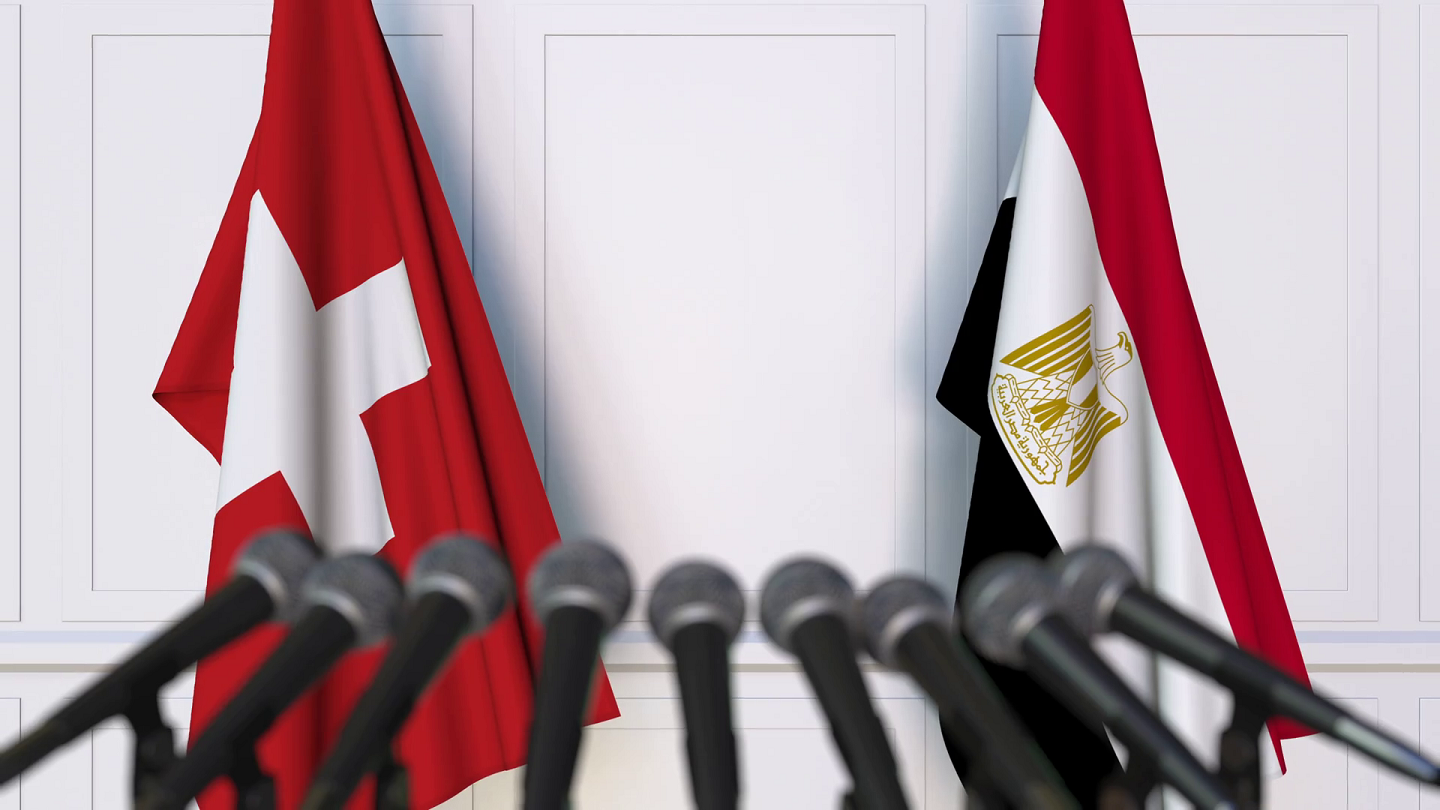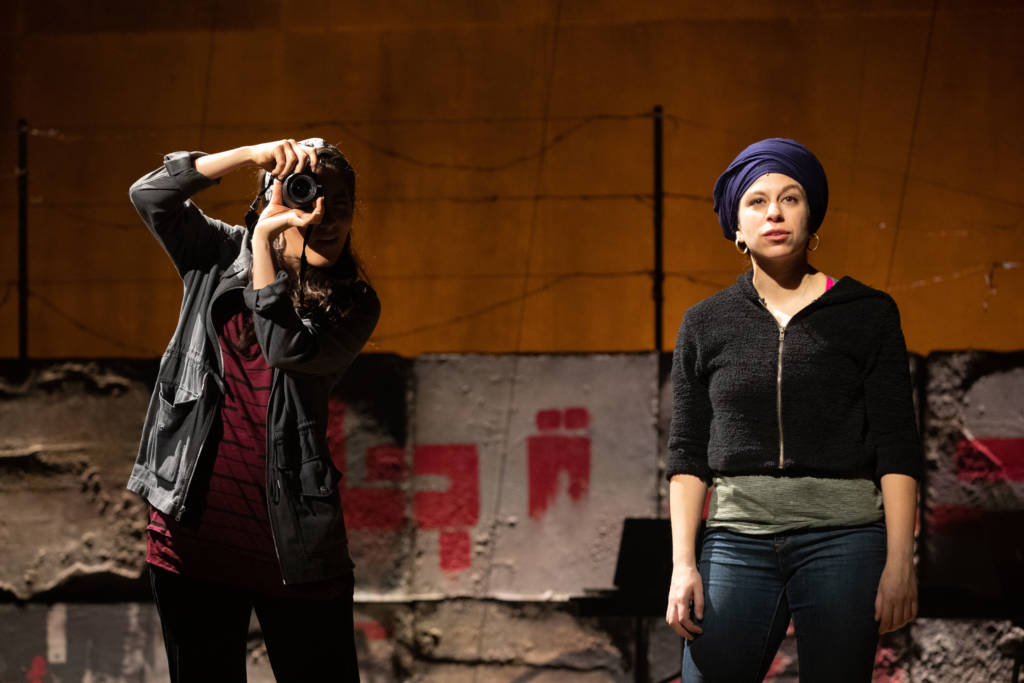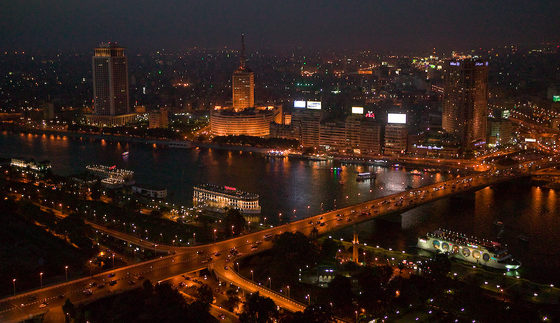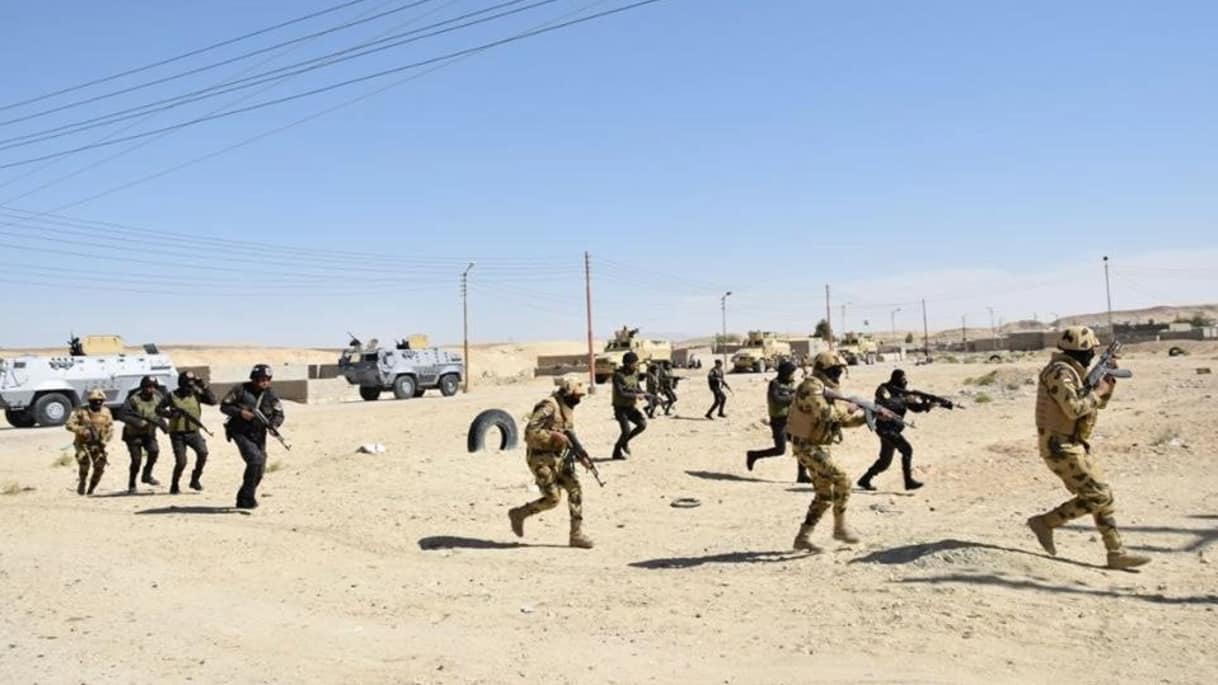On a casual Thursday night, groups of friends swarm every food truck in Maadi. Chatter and laughter fill the air as twenty-something customers make conversation with food truck owners who also appear to be about the same age. This is where an entirely new youth culture is being shaped. Traditionally, Egypt’s street food has been associated with the staples of the domestic cuisine – foul and taamiya, koshari, liver dishes, and so on. But in recent years, there has been a change that’s slowly taking on the culinary norms as cuisines are becoming more diverse; instead of having food trucks that cater only to the traditional Egyptian dishes, an assortment of different foods are now available, and they attract a wider palette. This reporter is a fan of this new trend of street food because it’s ideal for a good bite on the go. And with more food stalls and trucks sprawling all across the city breeding is a new level of competitiveness. My favorite food truck would have to be Dirty Byrd in Tivoli, Heliopolis, the only place that serves fried chicken from start to finish. It is the…
The Swiss in Egypt: a Brief Overview of Recent and Historical Presence
It is perhaps rarely noted or even remembered nowadays, that the Swiss have had a longstanding presence in Egypt. They have not only been a familiar actor in the economic sphere, leaving their signature on countless grants and financial investments, or their white-cross-on-red flag marking sponsorship of a variety of cultural projects; in fact they have equally left a number of physical traces across Egypt’s urban centers of Cairo and Alexandria. A number of well-known historical landmarks and buildings – especially in Downtown Cairo – can be traced back to Swiss proprietors. The downloadable Swiss Trail App launched in 2018 reveals many Swiss-influenced sites, notably the prominent Windsor Hotel and Groppi Café. During the last two weeks of May, two Swiss-funded development projects in Egypt – one successfully completed in the sphere of fishing, and one about to be initiated in the realm of potable water and wastewater services – received brief attention in the Egyptian media and on official Swiss platforms. Yet while likely to be associated with a growing list of foreign-funded projects, these news-bites may also serve as a convenient reminder of an ongoing and historically flourishing…
“We Live in Cairo”: a Musical Rendition of the Egyptian Revolution Comes to the US Stage
An image seen in an international relations lecture – depicting a group of young Egyptian activists uploading photos and videos onto a Mac during the unfolding uprising below on Tahrir Square – became the impetus for “We Live in Cairo”, a musical show currently premiering at the American Repertory Theater in Cambridge, US. Directed by Egyptian-American Taibi Magar and written by Patrick and Daniel Lazour, two brothers of Lebanese descent, the impressive piece follows six young activists, as they navigate the jubilant 2011 revolution and its bleak aftermath: the tumultuous two years that included a military coup and a violent crackdown. By capturing this seminal moment in Egypt, “We Live in Cairo” focuses on the inspiring ways in which a youth and social media powered rebellion was able to overthrow a president who had been in power for 30 years. “Every day that we work on this musical, we are inspired by the revolutionaries of Egypt—those men and women who broke the wall of fear and risked their lives for their beautiful home,” reads the creative team’s contribution to the brochure. There were a couple of factors that compelled Obie…
UN Habitat Names Egypt as its Executive Board for the Next Four Years
Egypt’s foreign ministry revealed on Wednesday that the country was chosen as the Executive Board of UN-Habitat – United Nations Human Settlements Programme, the United Nations agency for human settlements and sustainable urban development, for the next four years. The other nominated African countries included Morocco, Kenya, Ethiopia, Cameroon, the Democratic Republic of Congo, Nigeria, Senegal, Angola and Malawi, the ministry said in a statement. The statement reads that this election is considered a “recognition of the Egyptian government’s efforts to implement urban planning and development projects to build new cities, eliminate slums and rehabilitate areas unsuitable for habitation.” The 193-nation assembly convenes every four years at the headquarters of UN-Habitat in the Kenyan capital. The Executive Board is made up of 36 elected members and meets three times a year to boost the oversight of UN-Habitat operations. The UN-Habitat Assembly, which assembles every four years in Kenya, said in a statement that it will adopt “global norms and policies that will guide how cities and communities are planned, managed and governed.” Recently, there have been several efforts to refurbish many of Egypt’s old buildings and developments, for instance Cairo’s…
Red Sea Mountain Trail: Gateway to Egypt’s Adventure Tourism Treasures
“If you see the mountains from afar, you’ll think they are empty. If you want to love the mountains, walk them or live in them. For one day, two or three. The longer you stay, the more they’ll take your heart,” shared Sheikh Merayi Abu Musallem, head of the Bedouin clan of the Khushmaan. Although two of the most renowned institutions promoting adventure travel, the National Geographic and the Explorers Club, appeared in the 1800s, commercial adventure travel as we know it today is a relatively new phenomenon. Both institutions, however, continue to support adventures and expeditions today, during a time where tourism is one of the most rapidly growing sectors in the world, and adventure tourism is one of its fastest growing categories. After all, the tourism industry is one of the largest economic sectors in the world, accounting for nine percent of global GDP and one in eleven jobs. This is why countries across all stages of economic development are prioritizing adventure tourism for market growth, as they slowly recognize its ecological, cultural, and economic value. Sustainable nature-based tourism has grown in Egypt, highlighted with the launch of…
Obstetric Violence: The Silent Epidemic in Egypt’s Maternal Health System
I am certain every one of you can think of a pregnant mother who did not have her husband in the delivery room, couldn’t eat or drink at the hospital, was given an epidural, had to labor on her back and probably ended up meeting her baby via C-section without fully understanding the medical need for it. Obstetric violence is a systemic and institutional problem. It is so engrained in our social practices and health systems here in Egypt that we think it’s the norm; but in reality, this is an (institutional) violation of women’s rights. We have an epidemic on our hands, and up until now, you probably didn’t even know it was a problem! What is Obstetric Violence? A typical “Hollywood” image of giving birth comes to mind: a half-naked pregnant woman, with a doctor between her raised legs and exposed genitals, screaming in pain and separated from her child soon after delivery. The existing scientific literature describes obstetric violence ranging “from the denial of the comfort of a companion of choice, to lack of information about the different procedures performed during care; unnecessary cesarean sections; deprivation of…
Season of Migration to the South: a Journey Down the Nile
I have been lucky enough to travel down the Nile twice, once with my parents and the other time to join a friend and her family on holiday. Neither Luxor nor Aswan should be skipped when visiting Egypt, for both places have so much to offer. I have journeyed up and down the Nile by boat, train and plane; and each mode of transportation provided me with a different kind of experience. Varying in practicality, each voyage always ended with a gorgeous location; the scenery teeming with life and natural beauty. The contrast between desert and fertile green landscape always stunned me. On one side you had temples carved into mountains, with lush riverbanks on the other. The image of the river Nile carrying travellers with its current is painted beautifully in Season of Migration to the North, a novel by the Sudanese author Tayeb Salih. Although Salih draws on his personal memories of leaving his native country, his story conjures up images similar to those I witnessed southern Egypt. Many people have asked me which destination I preferred, and which I would recommend if I didn’t have enough time…
Egypt Denies Accusations of War Crimes in Sinai by HRW
Egypt’s military has denied a report by Human Rights Watch in which the non-governmental organizations accuses the military apparatus of committing war crimes such as ‘forced kidnappings’, ‘executions’ and ‘torture’ in Sinai. “It is based on unverified sources,” Col Tamer al-Rifai, a military spokesman, told AFP news agency, adding that “some politicised organisations are intent on tarnishing Egypt’s image and its armed forces with baseless claims”. The accusations, a result of two years of investigation, were published in an official press release, a 134-page report, as well as a video circulating on social media on May 28. The report in particular attributes “mass arbitrary arrests, extrajudicial killings and possibly unlawful air and ground attacks against civilians” to the Egyptian military and police forces, not withholding the blame on extremist militants who are also blamed for horrific crimes inflicted on both security forces and civilians. Nonetheless, it focuses on crimes committed by Egyptian forces, highlighting more than 12,000 resident arrests from July 2013 and over 30 forced disappearances in more than three years. This is not the first HRW report to be criticized by Egypt; previous reports, namely on the Muslim brotherhood and…
‘Aladdin’ Review: The Mystical East Hollywood Loves But Does Not Understand
For Disney, one of the biggest media companies in Hollywood, there is no better way to start a film like Aladdin than with the old classic and controversial song: Arabian Nights. It is quite different this time from one in the 1992 animation, as they decided to remove the racist and offending remark of ‘barbaric’ in the song. Though the song as it is represents just everything you need to know about the film: an exoticised and romantised fantasy of the ‘East’ that is detached from its own history. After more than a decade with dramatic events like 9/11 and the Iraq war, one would expect that Disney’s producers would make some kind of effort in digging just a little deeper to study other cultures, particularly after the backlash it received from the 1992 film due to its racist undertones. Though the new live-action remake proves that there is still an unbothered attitude towards knowing the history of other countries, to the extent that the film takes place in a fake city named ‘Agrabah’ – no one knows what it is, where it is or what it represents, but it…









